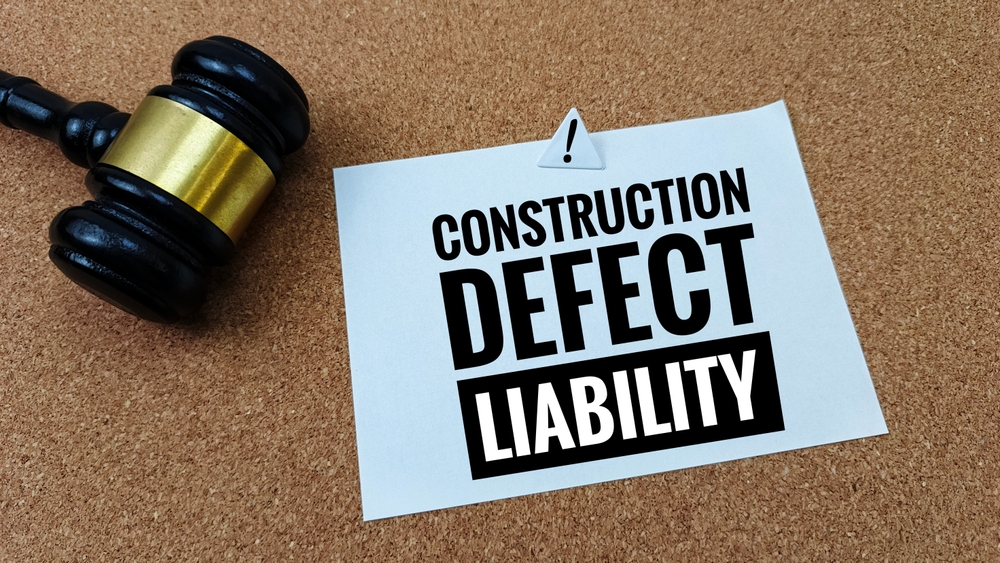

POTENTIAL TRAP OF RESTRICTIVE COVENANTS IN TEXAS
A restrictive covenant in employment law is an agreement between a business and a worker (either a employee or independent contractor) restricting the worker from competing or soliciting the business’s workers or customers after the worker ceases to work with the business.
Texas will enforce a restrictive covenant agreement if two conditions are met:
1. it is ancillary to or part of an otherwise enforceable agreement (typically at the start of employment); and
2. contains reasonable limitations as to time, geographical area, and scope of activity aimed at protecting the business’s legitimate business interest.

Typically, courts find that a one-year restriction is reasonable. The reasonableness of the restrictions of “scope of activity” and “geography,” however, are not so clear. These considerations depend heavily of the job position of the worker, industry, market, and other considerations.
For example, while a sales person can only be restricted from competing in the same territory he made sales for the business, a reasonable geographic scope for an upper level executive could be a more expansive region.
The courts perform a balancing act between what will protect a business’s legitimate business interests and an individual’s right to earn a living and have a career.
A former worker can be restricted from not only competing with your business but also from taking clients, customers, and employees or independent contractors from your business. The types of restrictions are called non-solicitation agreements and are subject to the same considerations listed above.
Many business draft restrictive covenants overly broad thinking it will scare the employee out of attempting to compete. More commonly, the business believes a very restrictive document is necessary in order to protect its business interests. However, the courts often disagree, and if a court finds the restrictions are unreasonable, the business will not receive any monetary damages. The business’s only remedy would be edit the agreement to make it reasonable.
Further, there’s a danger of having to pay the other side’s attorneys’ fees if the following two conditions are met:
Because drafting and enforcing a restrictive covenant that is over broad and unreasonable effectively cuts off monetary damages, it is important to make sure to consult with an attorney to get customized, effective agreements.
If these types of cases do proceed towards litigation because there has been a breach, such cases get very expensive very quickly. They can be resolved in a few weeks to a few months but can cost $10,000 to $20,000 while only yielding a limited remedy.
The best practice is to speak with an attorney who knows your business and its operations and can effectively create restrictive covenants which will be found to be reasonable. This saves your business both time and money while legally giving you the maximum protection allowed under the law.
Karalynn Cromeens is the Owner and Managing Partner of The Cromeens Law Firm, PLLC, with over 17 years of experience in construction, real estate, and business law. A published author and passionate advocate for contractors, she has dedicated her career to protecting the businesses her clients have built. Karalynn is on a mission to educate subcontractors on their legal rights, which inspired her books Quit Getting Screwed and Quit Getting Stiffed, as well as her podcast and The Subcontractor Institute.

